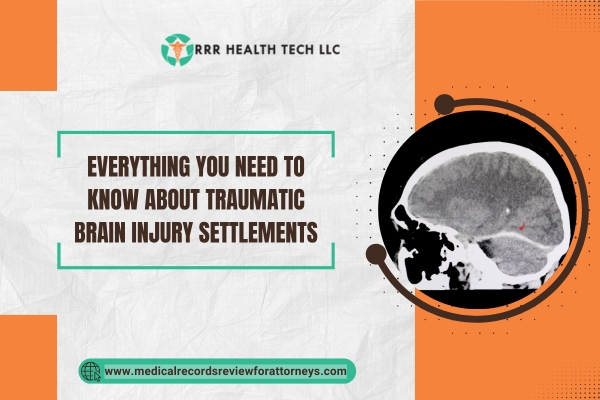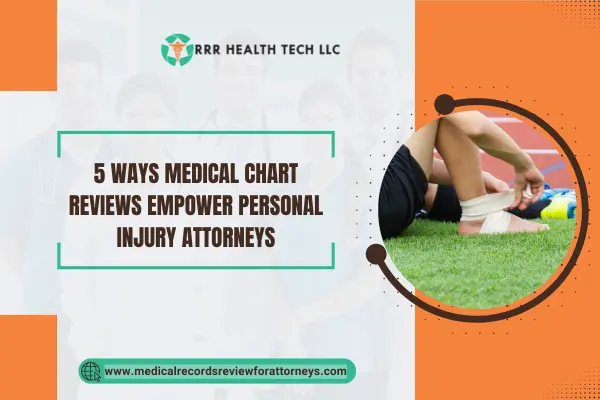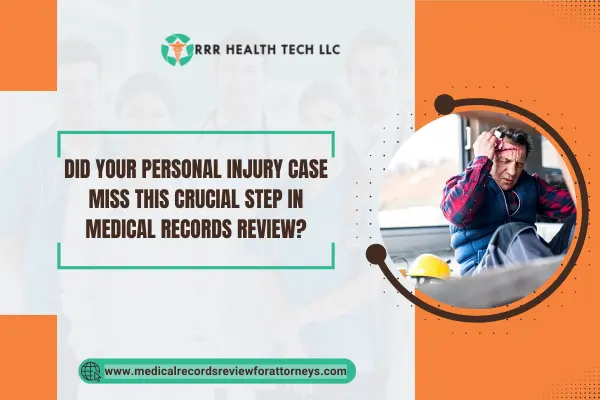
Introduction
The consequences of a traumatic brain injury (TBI) are grave not only for the victims but their families as well. Understanding how such a medical condition affects the victim’s life and how it translates to medical records and the corresponding settlement figures is critical for attorneys handling such cases. This article explains everything you need to know about TBI settlements, the determinants of these amounts, and practical tips for the legal practitioners within America.
What is a Traumatic Brain Injury?
TBIs happen when external factors like accidents, falls, and vigorous sporting exercises impact the head and brain causing damage. Because TBIs disrupts a person’s cognitive function, emotional and physical wellbeing, it’s usually complex in case it requires long term treatment.
Types of Traumatic Brain Injuries
- Concussion- A mild type of TBI characterized by loss of consciousness.
- Contusion- This is a bruise formed particularly on the brain after some degree of impact on the fore head.
- Diffuse Axonal Injury- This refers to excessive form of violence shaking or rotation causing widespread damage to the brain tissues.
- Penetrating Injury- This results from an object severing the skull and damaging the tissues of the brain.
Factors Influencing TBI Settlement Amounts
The degree of injury
• Medical Expenses- In most cases, high medical expenses are associated with serious injuries.
• Long-term Care Needs: On-going rehabilitation from certain injuries can substantially increase the settlement amounts.
Impact on Quality of Life
• Loss of Income: Any work-relate activity the victim undertakes after the injury is sustained leads to enormous financial losses.
• Emotional and Psychological Effects: A victim suffers from depression, anxiety, and other mental disorders which lowers his or her quality of life. This can happen after sustaining a Traumatic Brain Injury (TBI).
Liability and Negligence
• Establishing Fault: Proving negligence by another party has a large bearing on the amounts of the settlement that are to be given.
• Comparative Negligence: In some situations, the victim’s behaviors may have a bearing on the settlement figure.
The Role of Medical Records in TBI Cases
Importance of Medical Records Review
Medical records play an important role in detailing the injuries sustained and areas of life impacted as a result. A thorough review can provide attorneys with essential insights including:
• Diagnosis and Treatment: Steps taken toward understanding the injury and the attending treatment procedures.
• Pre-existing Conditions: Noting any injuries before this case that the claimant may have.
• Long-term Prognosis: Evaluating the probable future healthcare costs and impacts in life quality.
How Medical Records Review Works
- Collection: The claimant’s attorneys need to get their hands on the clients’ medical records from the relevant providers.
- Analysis: In depth examination of the client’s record to ascertain pertinent information.
- Integration: Melding findings with the case arguments intending to prove damage claims.
Case Studies
Case Study 1: An Accident in the Construction Site
Overview: A client experienced a severe TBI due to falling off of scaffolding in a construction site.
Challenges: The construction company alleges that the client failed to comply with the requisite safety measures.
Solutions: A detailed review of the medical records proved the client suffered from numerous work-related injuries owing to cognitive dysfunctions. A neurologist gave an expert opinion that there was negligence due to poor protective measures.
Case Study 2: The Vehicle Collision
Overview: A client received a mild TBI from a motor vehicle collision by someone who was not paying attention.
Challenges: The client’s insurance company was very reluctant to settle and had offered a minimal payment because they assumed the injury was not great.
Solutions: A client’s physician’s records revealed further on-going issues such as recurrent headaches and memory problems and this evidence was persuasive for the negotiation to go for a higher settlement.
Conclusion
For legal representatives dealing with clients suffering from a traumatic brain injury, it is imperative to comprehend the nuances of TBI settlements. An appreciation of the elements affecting the settlements and the importance of medical records review is primary for legal professionals to better their case strategies and serve their clients’ needs.
Attorneys seeking new ways of handling TBI cases can greatly benefit from partnering with a medical record review company to help build strong cases and ensure just compensation is awarded to the victims.


